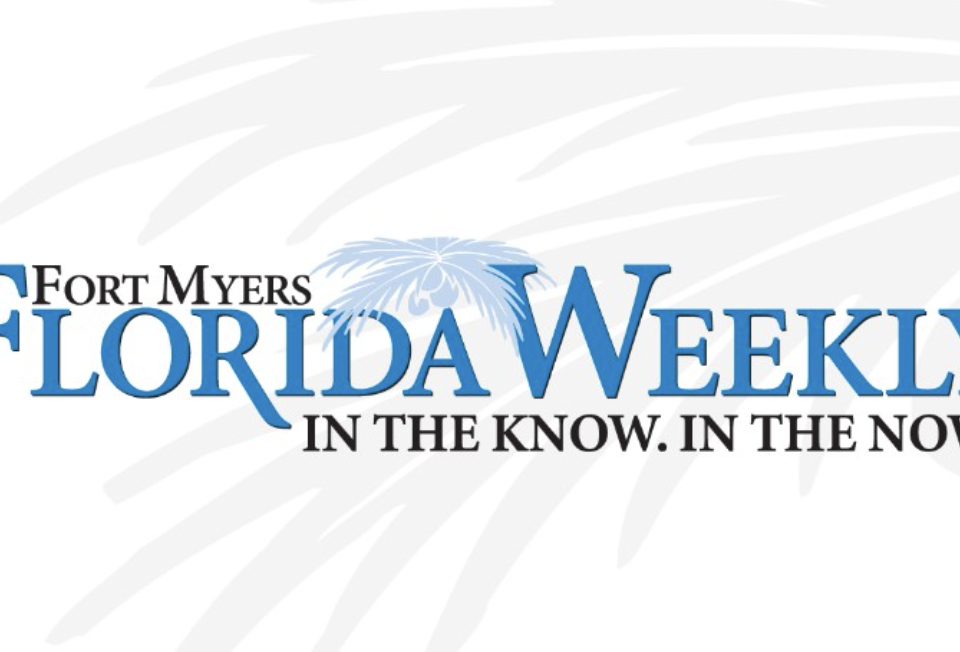A map tracking human trafficking showed hot spots along Interstate 20 in East Texas during a live learning session hosted Wednesday by the Greater Longview United Way.
The hot spots are the type of reason the director of the local United Way said it was important for the organization to host the learning session by the Center to Combat Human Trafficking about what presenters say is an under-reported crime.
“Greater Longview United Way chose to co-host this event because human trafficking has far-reaching effects and can happen right in our own community,” Director Evan Dolive said. “We believe that a committed, loving, giving, community is the strongest force for change.”
During the virtual presentation, facilitator Aja Houle presented the National Human Trafficking Hotline hotspots map, which plots reports of trafficking.
“Texas, Florida, New York, California are believed to be the states that have the most people trafficked,” Houle said. “Sex and labor trafficking are extremely under-reported.”
Human trafficking is compelling a person through force fraud or coercion to work or engage in commercial sex acts against their will, facilitator Jess Torres said. It also includes when anyone under 18 is involved with commercial sex for any reason.
Local agencies participated in the event to learn more about the topic.
“Some of our partner agencies and other nonprofit organizations in Gregg County/Longview area serve those who have been affected by human trafficking,” Dolive said. “We can no longer believe that human trafficking is something only in metropolitan areas or something only in other countries. The more we learn about human trafficking — on both a global and local scale — the more aware we will be.”
The Center to Combat Human Trafficking is part of United Way Worldwide. The two facilitators for the presentation are survivors of human trafficking.
“40.3 million people are trafficked across the world,” Houle said, adding that the figure includes only reported trafficking incidents.
The presentation sought to educate and also combat common myths. For example, human trafficking does not require extensive movement. It can happen within a community or across a country’s borders.
“When it comes to traffickers, they’re in it for the money and for themselves,” Torres said. “Traffickers are anyone.”
The guise under which people are trafficked can come in many forms, including domestic work, massage or escort services, bars/cantinas/strip clubs, pornography, restaurants and food service, peddling or begging, construction, hospitality, landscaping, arts/entertainment, commercial cleaning services, factories, carnivals and child marriage, according to presenters.
“It’s a very complex issue,” Houle said.
One participant submitted a question about human trafficking at the U.S. and Mexico border.
orres said there is also plenty of trafficking coming from the U.S. northern border.
“It’s a major problem everywhere, not specific to our border,” Torres said.
Torres noted that statistics for human trafficking from the southern border are often used to “demonize” Mexican and Central American neighbors.
“It’s happening in our communities,” Torres said.
The National Human Trafficking Hotline can be reached by calling 1-888-373-7888 or texting 233733.






